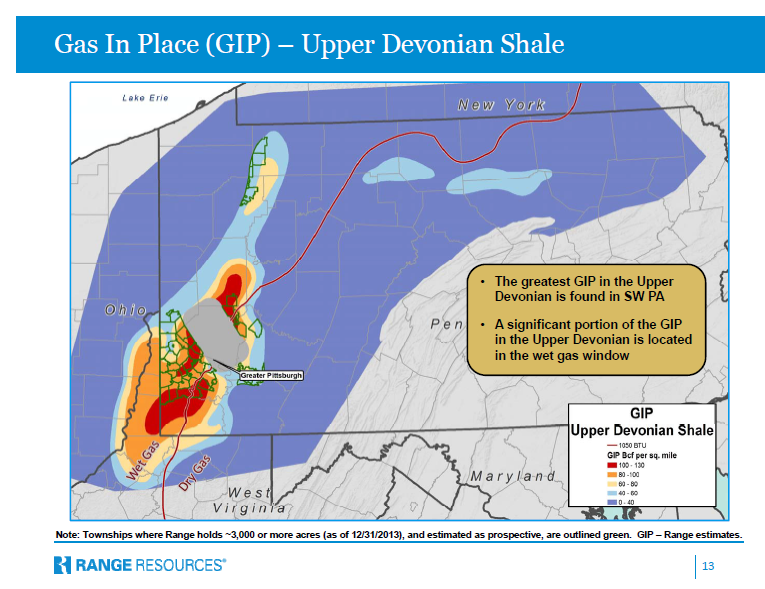Once upon a time in the oil patch it was completely normal for West Virginia oil and gas companies to pay a delay rentals for their leases.
Then the Marcellus Shale boom happened and competition for mineral rights blew up. Instead of paying a delay rental, the companies started paying a signing bonus. Actually, it might be better to say that the companies started paying the entire delay rental up front and calling it a signing bonus because that’s what actually happened.
Like for so many other things, 2020 happened. Demand for natural gas dropped, driving the price of natural gas down to almost $1.50/MMBtu at one point, a price that had never been seen in the Marcellus Shale era. Banks realized that oil and gas was a bad investment, and stopped throwing fists full of Benjamins at the drilling companies.
Without loads of cash, oil and gas companies had to cut back. But the nature of oil and gas wells is that their production goes down every day, so the companies had to keep drilling new wells. To drill new wells they had to keep taking new leases. You see the problem, right?
In order to make it cheaper to acquire new properties, one company, EQT, has started paying for leases the old fashioned way–delay rentals.
What’s, exactly, is a delay rental you ask? There are two parts to explain. The Rental, and The Delay.
The Rental: A delay rental is a rent payment that’s due on the anniversary of the lease. If you think of this as a commercial lease on a building where there is one large payment per year, it might make more sense. Right now, EQT is offering $250 per acre, so if you owned 10 acres you would get $2500 at the beginning of each year of the lease.
The Delay: A delay rental payment is made so that the oil and gas company can delay drilling on the property, but keep the property under contract. Historically, oil and gas companies would sign a lease and the lease would say that they had to drill a well within 30 or 90 or 180 days (or some other time period) or they would have to pay a rental or lose the lease. As the industry matured, they dropped the requirement to drill within a time period and just started agreeing upfront to pay a delay rental for a certain number of years.
There is one very important thing to know about Delay Rental leases. There is always language in the lease that says the company will no longer have to pay delay rentals if they drill a well. You don’t want this. They will change it.
There is one other very important thing to know about Delay Rental leases. There is also almost always language that says they will be able to recoup any delay rental paid once royalties start flowing. You don’t want this. They will change it.
So the next time EQT calls you up about a lease, take a good hard look at the language of the lease and make sure you understand what you’re agreeing to (or have your local oil and gas attorney take a look at it). You might find that you save yourself an awful lot of money and confusion if you do.

